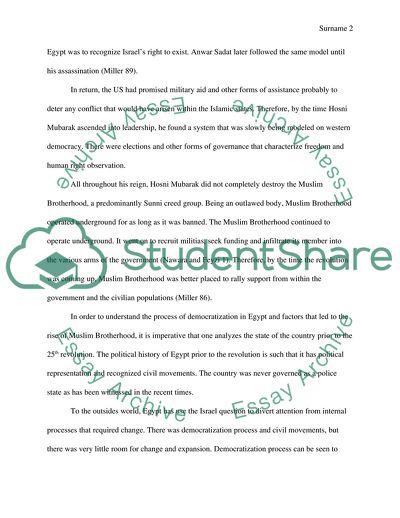Cite this document
(The State of Political Islam through the Prism of Egyptian Brotherhood Coursework Example | Topics and Well Written Essays - 1500 words, n.d.)
The State of Political Islam through the Prism of Egyptian Brotherhood Coursework Example | Topics and Well Written Essays - 1500 words. https://studentshare.org/politics/1851814-islamic
The State of Political Islam through the Prism of Egyptian Brotherhood Coursework Example | Topics and Well Written Essays - 1500 words. https://studentshare.org/politics/1851814-islamic
(The State of Political Islam through the Prism of Egyptian Brotherhood Coursework Example | Topics and Well Written Essays - 1500 Words)
The State of Political Islam through the Prism of Egyptian Brotherhood Coursework Example | Topics and Well Written Essays - 1500 Words. https://studentshare.org/politics/1851814-islamic.
The State of Political Islam through the Prism of Egyptian Brotherhood Coursework Example | Topics and Well Written Essays - 1500 Words. https://studentshare.org/politics/1851814-islamic.
“The State of Political Islam through the Prism of Egyptian Brotherhood Coursework Example | Topics and Well Written Essays - 1500 Words”. https://studentshare.org/politics/1851814-islamic.


